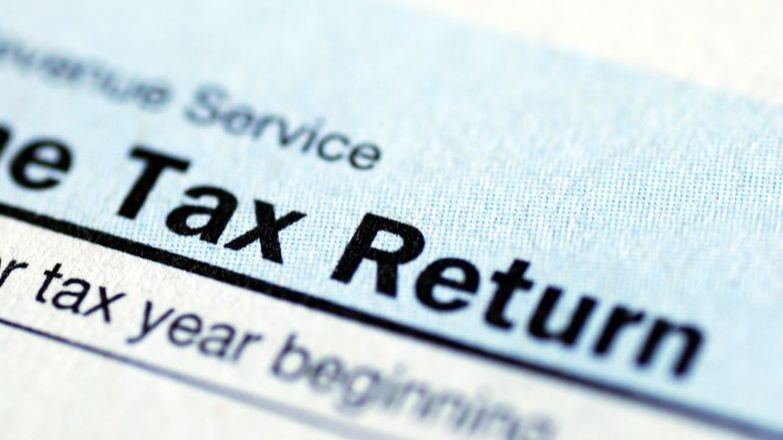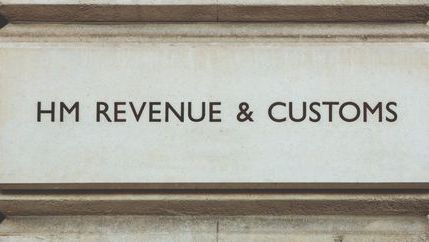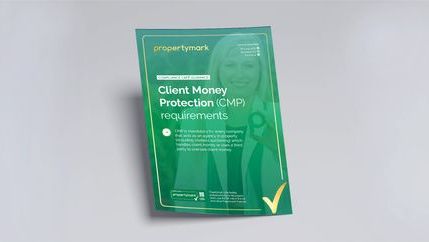
A fairer system for all
Enhancing HMRC's powers: tackling tax advisers facilitating non-compliance, sets out several proposals, including an expansion of HMRC’s investigatory powers, introducing stronger penalties for advisers who contribute to the tax gap, and creating a public register of tax advisers who have been sanctioned, including details of the advice that led to non-compliance.
The proposals have been developed following concerns that some of the 85,000 tax advisory firms in the UK are contributing to an annual tax gap of nearly £40 billion.
Propertymark members work hard to stay compliant and help clients understand their responsibilities. It is only fair that tax advisers are held to the same high standard. We are encouraged by the UK Government’s commitment to improving compliance and closing loopholes that currently enable dishonest practices and look forward to working closely with HMRC and other stakeholders to ensure these proposals are implemented in a way that supports professional standards and protects consumers.
Why this matters for property professionals
Our members, particularly letting agents, increasingly report that landlords are wrongly advised to have rent paid into accounts that are clearly not linked to their identity to reduce tax liabilities.
This not only breaches their legal obligation to report all income but also puts agents at risk of HMRC fines of up to £3,000 if they cannot prove who owns the receiving bank account.
Agents trying to follow the rules can find themselves at a disadvantage when landlords switch to less scrupulous agents who do not enforce this requirement. Strengthening HMRC’s ability to hold tax advisers accountable will help protect compliant agents and ensure a level playing field across the sector.
Clarity and collaboration
To enhance the proposals, Propertymark has recommended that HMRC should create a channel for professional bodies and third parties to raise concerns about dishonest or misleading tax advice, especially where these are sector-wide trends.
We would also like to see clear, shareable statements on what advice or practices are illegal, which will allow agents to point to an authoritative source when challenging questionable advice received by their clients.
Strengthening the rules and penalties
We support HMRC’s proposals to increase penalties where advisers fail to cooperate or provide false information. Currently, the maximum financial penalty for dishonest conduct is £50,000, which the UK Government is concerned could be seen by some tax advisers as an acceptable cost of doing business rather than an effective deterrent.
Proposals include introducing fines proportionate to the tax lost, or based on a business's global turnover, with escalating penalties for repeat offences.
Importantly, we’ve suggested safeguards to prevent compliant advisers from being unfairly penalised. For instance, if an adviser responds fully and is found not to have breached tax law, any penalties should be revoked or reduced.
Transparency and accountability
Propertymark agrees that HMRC should publicly disclose sanctions on advisers, provided these relate to serious or intentional breaches. Publication helps inform the public and reinforces that dishonest advice will not go unnoticed. However, we advise caution around publicising minor or first-time mistakes, as this could discourage transparency.
We believe that poor practices should be corrected through education where possible, and professional bodies for the tax advice sector are well-placed to support advisers in improving standards.







